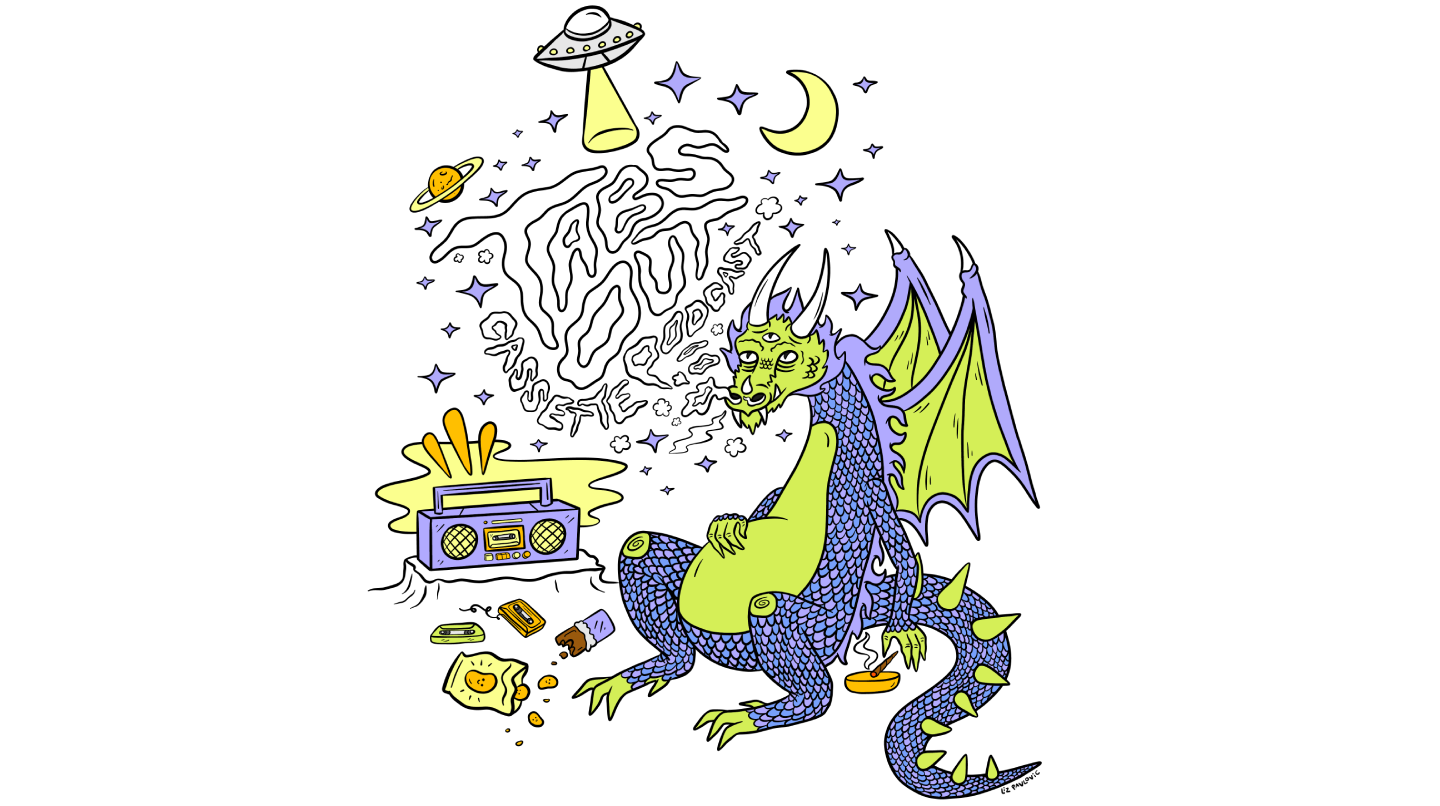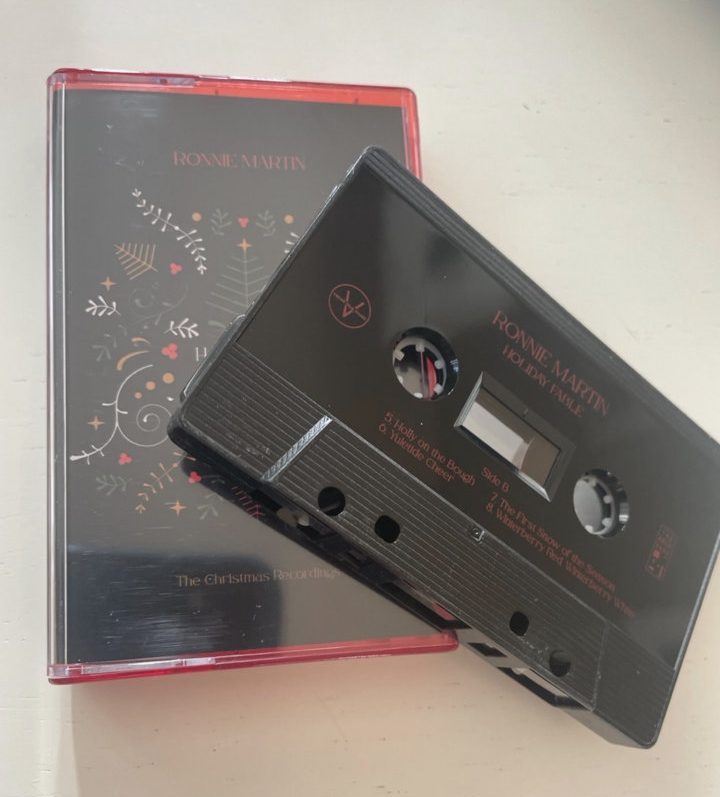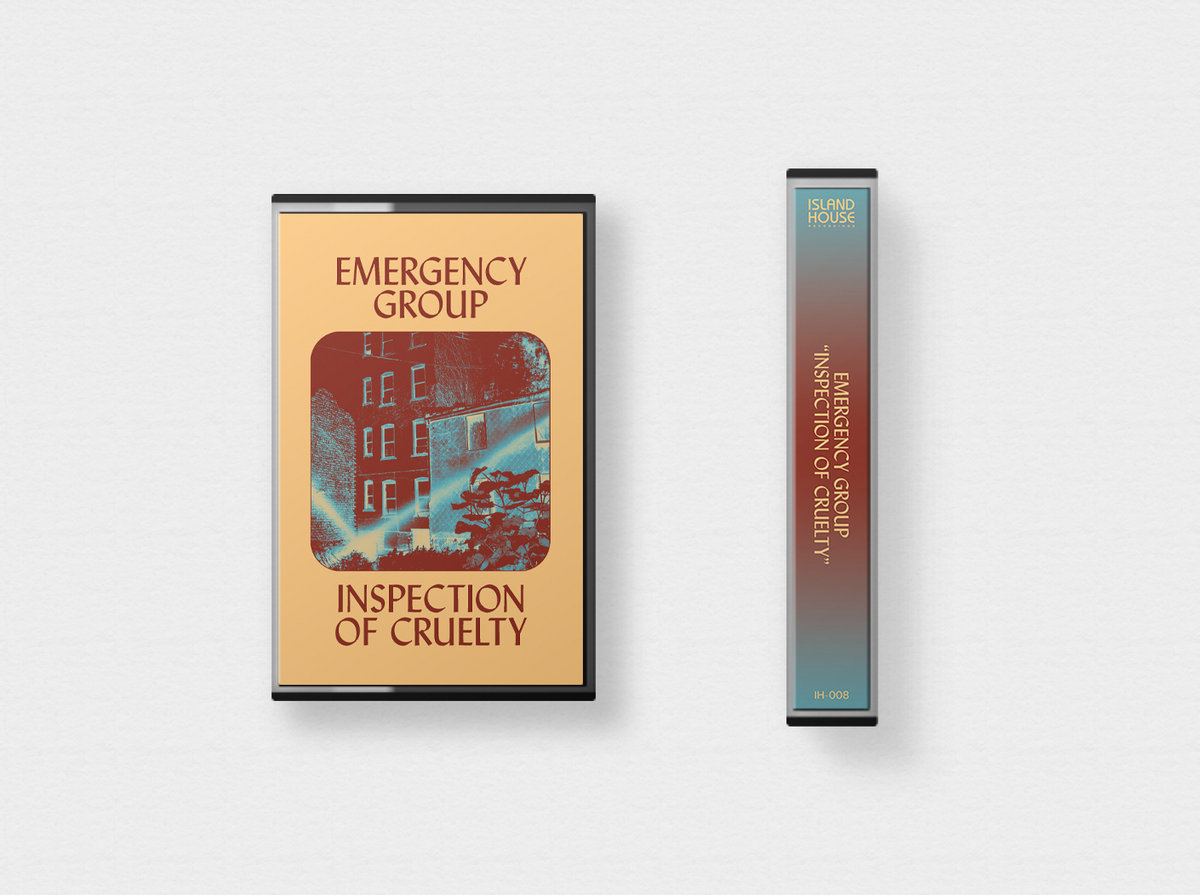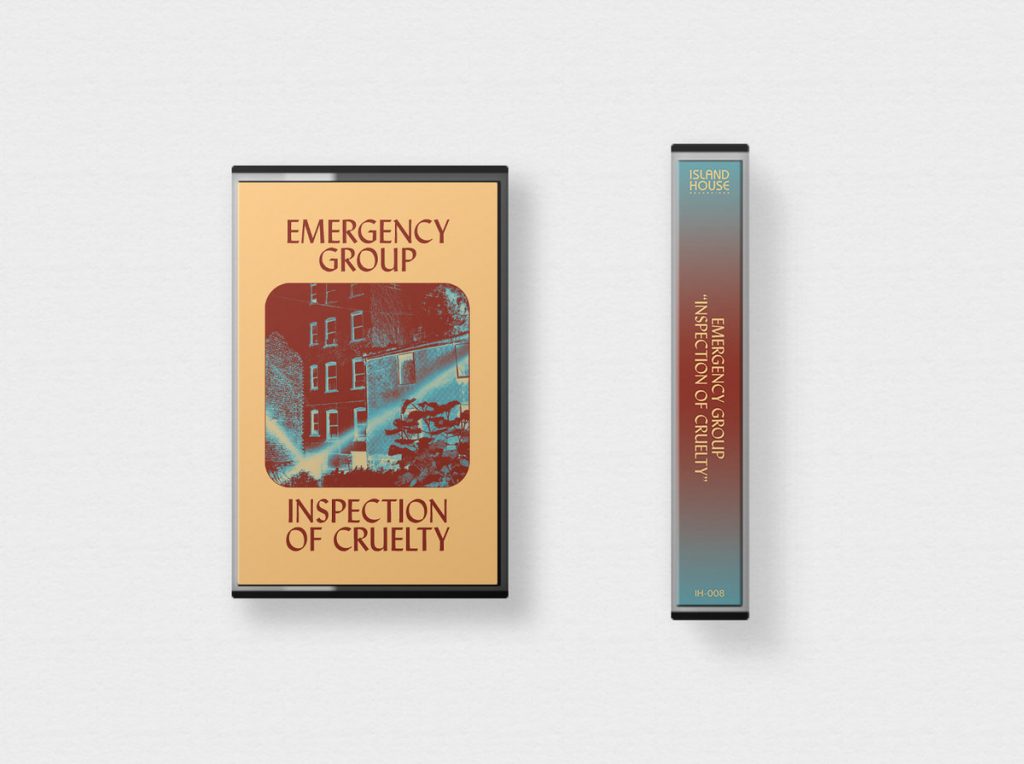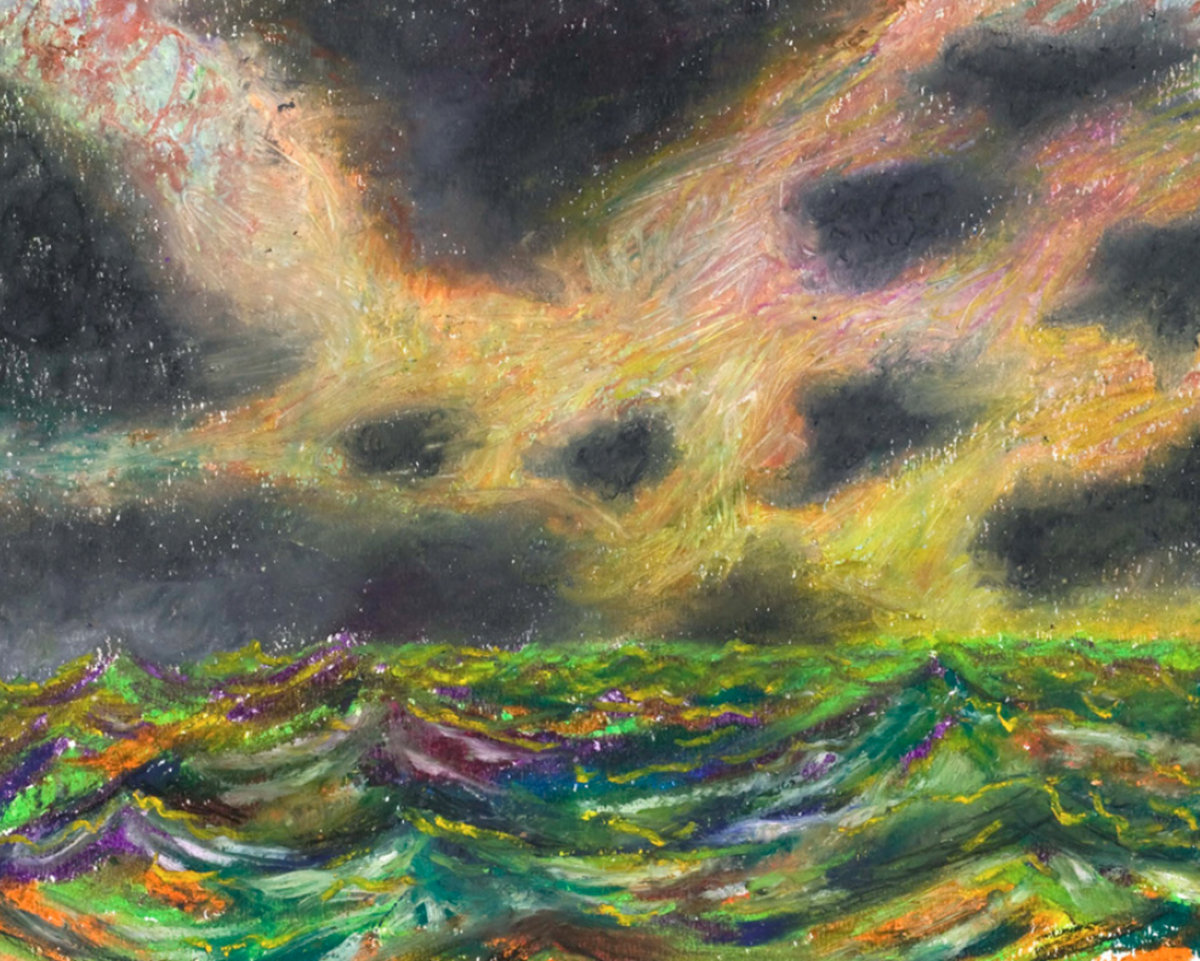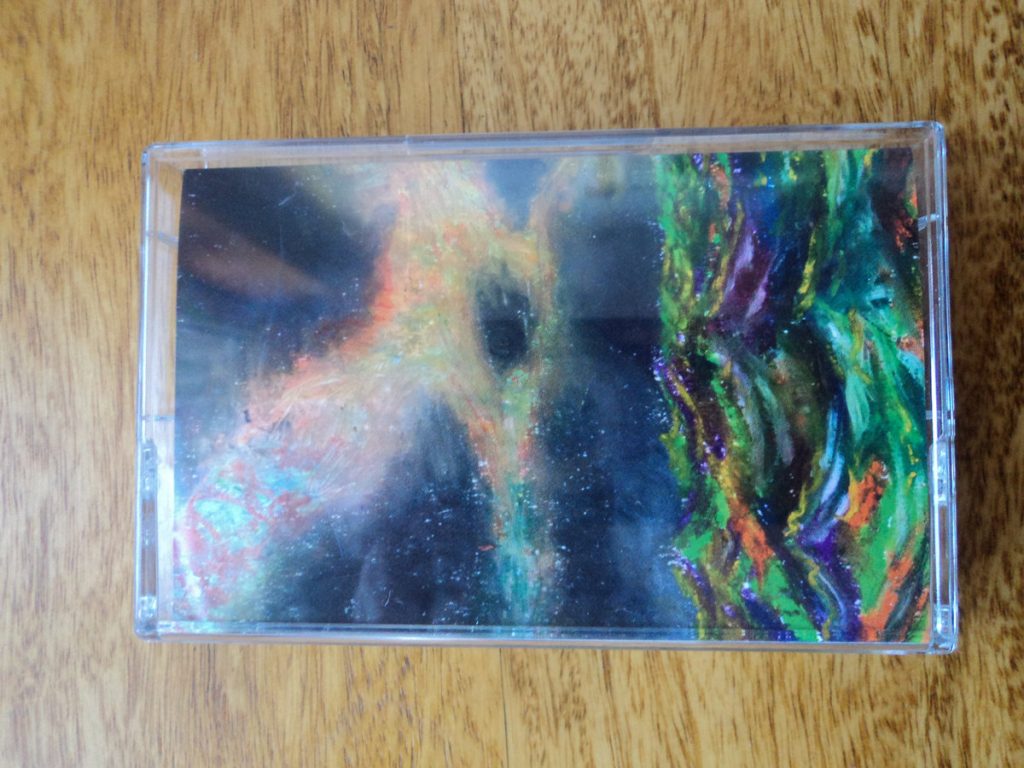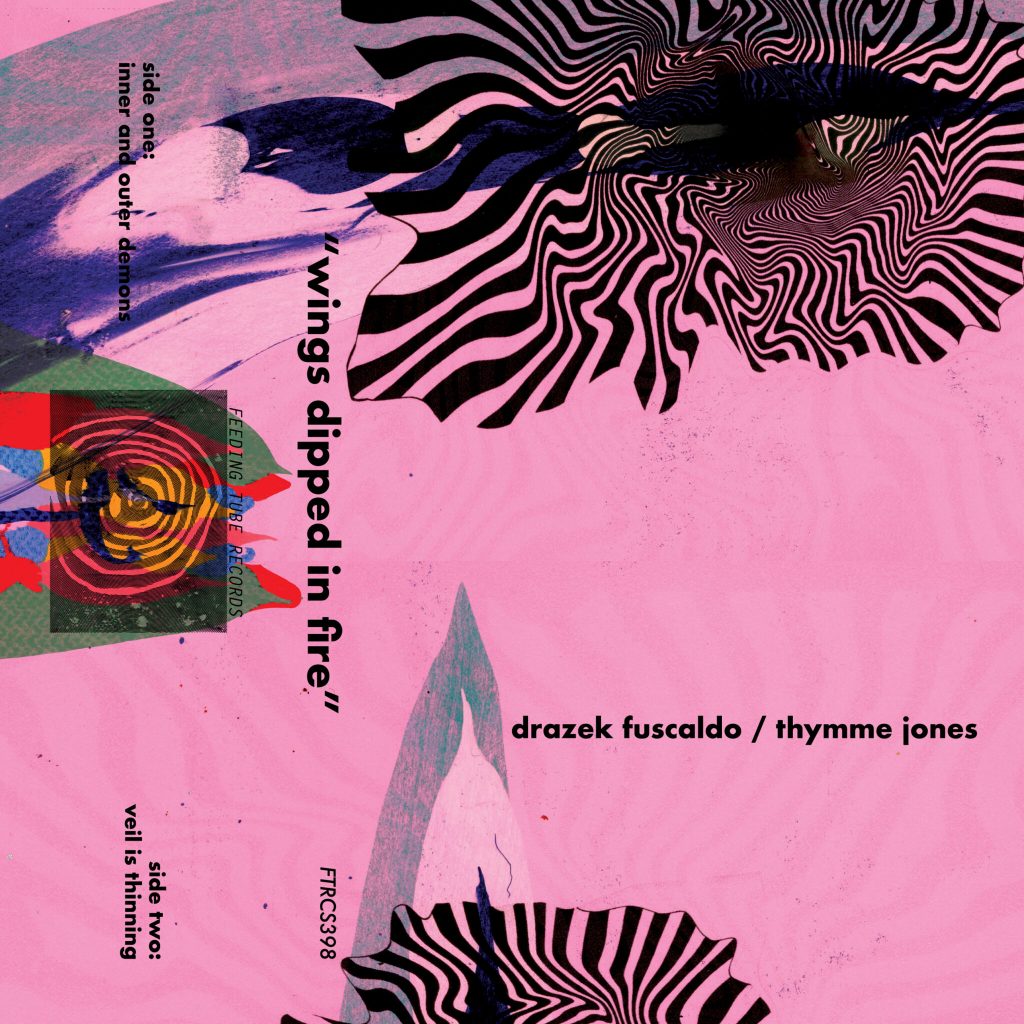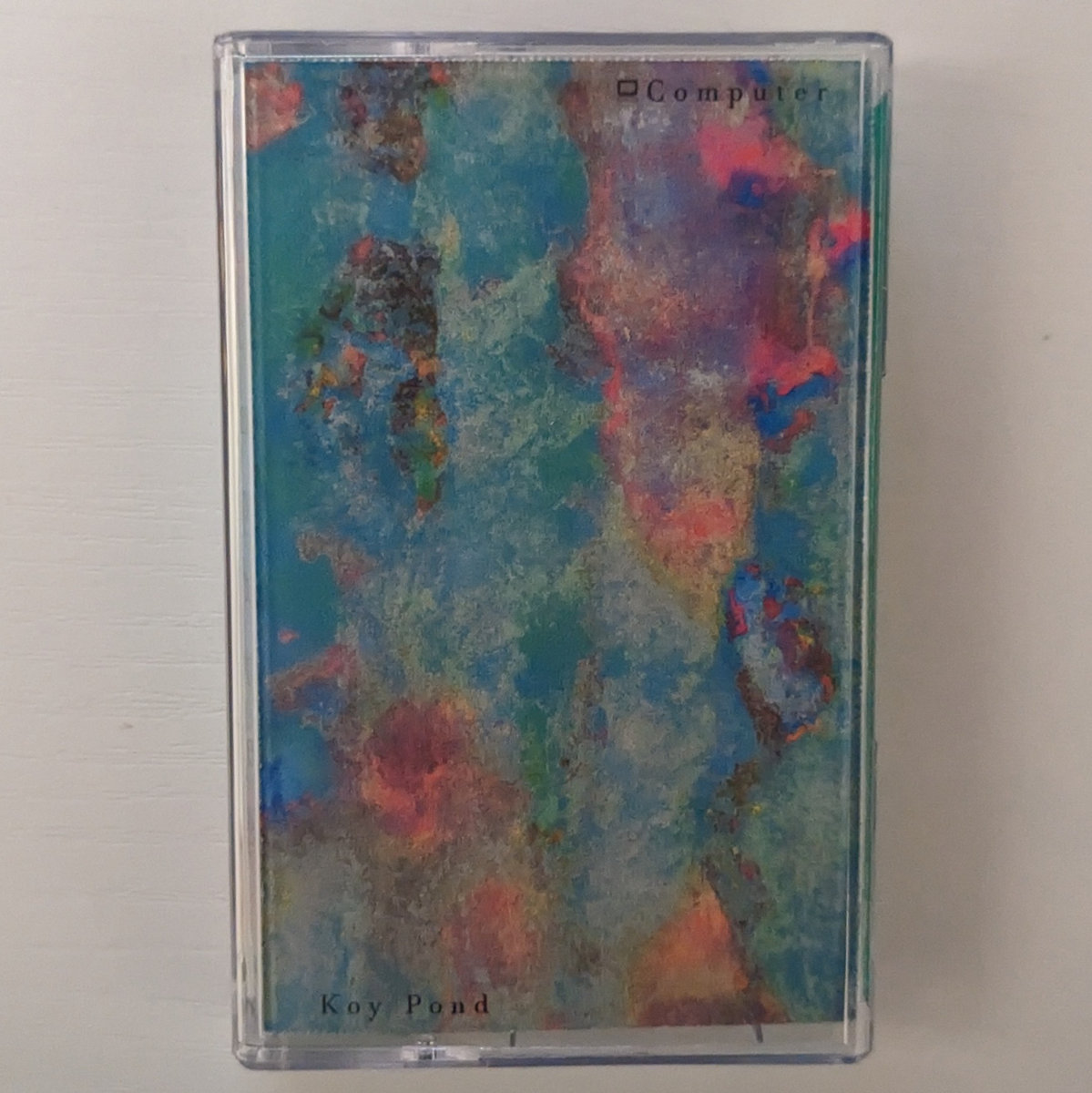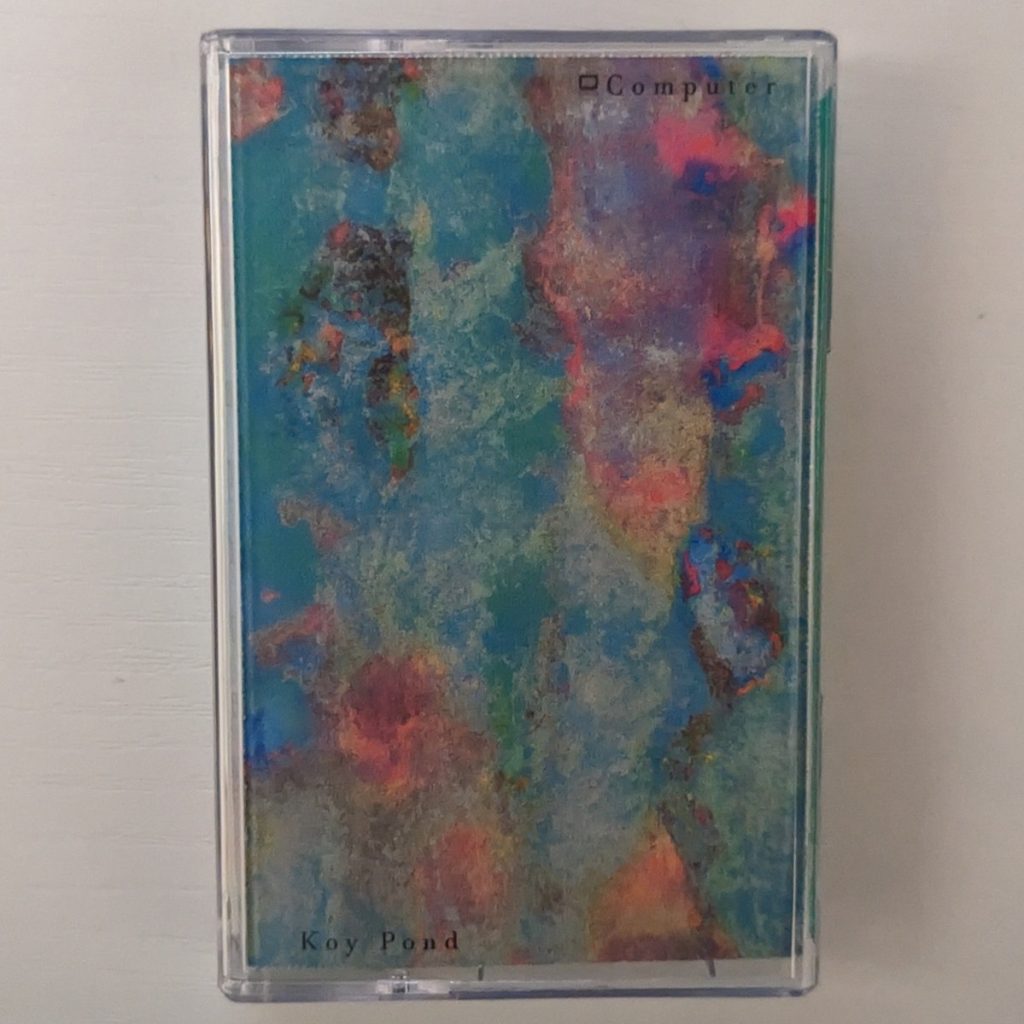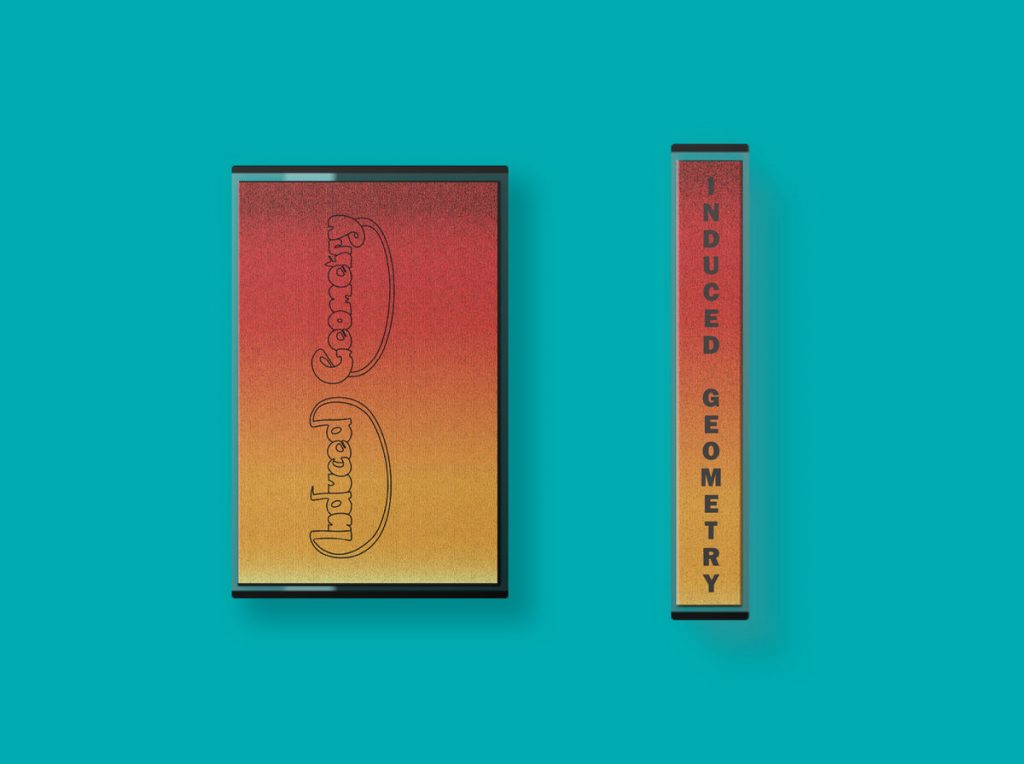Ronnie Martin – Holiday Fable
12.05.2023 by Ryan Masteller

It’s easy to get cynical around this time of year. Your Thanksgiving leftovers are long gone, and you’re back to poking at wilting salads and nibbling uninspired sandwiches as the weather gets colder and the days get shorter. The family gatherings have dispersed, and you’re on your own again, aimless, listless. Don’t even talk to me about work – how can you possibly even bring yourself to get out of bed when the sun doesn’t even break through the cloud cover until noon (if it ever even does)?
But guess what: I’m here to tell you a secret that will surely spark an ember in your heart, one that may just fan to a blaze and get the old internal furnace of hope pumping again. It’s almost Christmastime!
But we’re not there yet – we still have a couple of weeks to go, so we have to figure out a way to get there without going absolutely crazy. I’ve personally got a bit of a nostalgia streak that runs through me, so there are some traditional milestones we hit along the way, spurred not insignificantly by my wife and twelve-year-old son who, dare I say, are even more in tune with the holiday spirit (to say nothing of my youngest brother who keeps a Christmas tree trimmed year-round in a spare room). And when we perform the traditional tasks, it’s also tradition that we kick on a highly curated holiday playlist. It’s a very good one at this point.
I’m here to add another album to that playlist – but this time in cassette tape form!
Speaking of nostalgia and tradition, Ronnie Martin, he of Joy Electric fame (also of all the other ones: DanceHouse Children, Morella’s Forest [the original one], The Brothers Martin, Rainbow Rider, etc.), dropped his second holiday album in as many years last week, Holiday Fable on Velvet Blue Music, following last year’s Bells Merrily. And to fully inject my past into this whole thing, I actually saw Joy Electric in concert once when I was in college, and there wasn’t a mixtape I made for an object of affection around that time that didn’t have “Sugar Rush” on it back then (yes, yes, I know who the song is for).
So it’s great news to have a Ronnie Martin synthpop Christmas on deck. And while that may sound crazy (it’s not – look at the history of 1980s Christmas songs), the songcraft truly evokes all the best parts of the season – the magic is there! Snow twinkles and glistens, firesides radiate warmth as they crackle, bells ring out (merrily, I might add), and we’re all dressed in soft, warm sweaters, drinking hot chocolate spiked with a naughty bit of whiskey (don’t tell Santa!). It’s a reminder that the Human League or the Pet Shop Boys also probably bundled up and wore some cool scarves and hats as they trucked their rigs door-to-door for a little caroling. Or at least that’s the revisionist history Ronnie Martin is hoping to convey.
The compositions are all originals – somebody’s making their own new traditions! It’s really a baroque-meets-Breakfast Club vibe throughout, blanketed in white, a refreshing new experience. And really, for the heads, all you’d need to do to make this a Larry Wish/Macula Dog/Cop City | Chill Pillars holiday album is tweak the vocals a little bit, pitch em down, make em weird. “The Alpine Lodge” is that close! But for most of us, trying to shake that downer vibe before we get to see our distant brothers and sisters and parents and cousins and aunts and uncles again – or hop on Zoom with Jamie, Joe B, Matty, and, sure, Mike for our annual Tabs Out holiday party ritual – look no further than this crisp ray of sunshine brightening up the boughs of holly in the interim.
